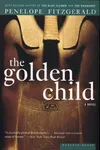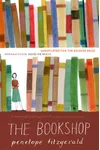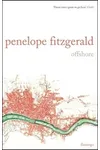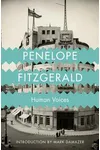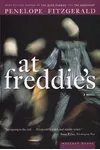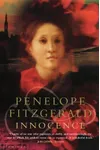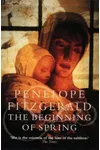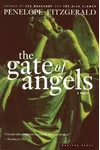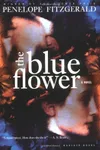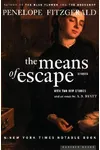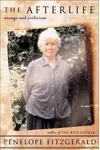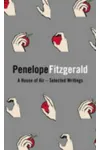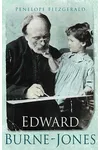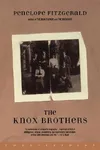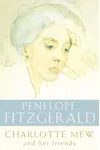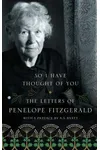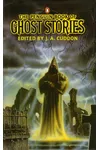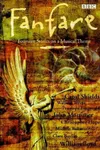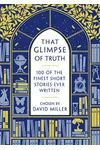Picture an English storyteller who spun tales of resilience and wit, crafting masterpieces in her sixties—meet Penelope Fitzgerald! A literary late bloomer, she defied odds to become a Booker Prize-winning novelist, enchanting readers with her economical yet evocative prose. From personal hardships to global acclaim, Fitzgerald’s journey is as compelling as her novels.
The Making of Penelope Fitzgerald
Born on December 17, 1916, in Lincoln, England, Penelope Mary Knox grew up in a vibrant, intellectual family. Her father, Edmund Knox, edited Punch, and her uncles were scholars and writers, fostering a love for literature. Educated at Wycombe Abbey and Somerville College, Oxford, she graduated with a stellar First in 1938. World War II saw her at the BBC, followed by a marriage to Desmond Fitzgerald, an Irish soldier. Their life, marked by poverty, homelessness, and Desmond’s alcoholism, tested her resilience, yet these struggles shaped her empathetic storytelling.
Penelope Fitzgerald’s Unforgettable Stories
Fitzgerald’s literary career began at 58 with a biography of Edward Burne-Jones, but her novels stole the spotlight. The Bookshop (1978) follows a widow’s dream of opening a bookshop, only to face community resistance, blending humor with heartbreak. Offshore (1979), inspired by her houseboat days, won the Booker Prize, capturing a quirky Thames community with precision. Human Voices (1980) humorously depicts wartime BBC chaos, reflecting her early career. Her masterpiece, The Blue Flower (1995), reimagines the life of German novalis German poet, earning the National Book Critics Circle Award. Fitzgerald’s style—spare, witty, and profound—explores human fragility with Austen-like precision.
Why Penelope Fitzgerald Matters
Fitzgerald’s novels, often under 200 pages, pack emotional depth, earning her a place among Britain’s greatest writers, as noted by The Times in 2008. Her ability to weave personal experience into universal themes resonates globally, inspiring late bloomers and readers alike. Her legacy endures in adaptations like the 2017 film The Bookshop and her timeless narratives.
About Penelope Fitzgerald
- Born: December 17, 1916, Lincoln, England
- Key Works: The Bookshop, Offshore, The Blue Flower
- Awards: Booker Prize (1979), National Book Critics Circle Award (1997)
- Died: April 28, 2000, London
Snag The Blue Flower and dive into Penelope Fitzgerald’s witty, soul-stirring world!
